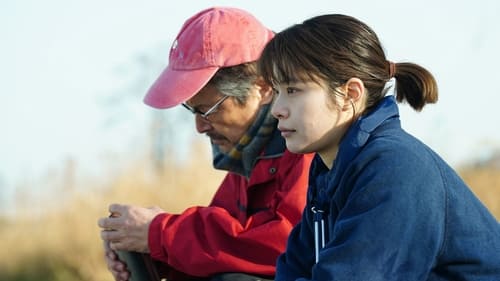
Gaffer
A hearing-impaired woman with dreams of becoming a professional boxer due to the pandemic is threatened closure of her boxing club and the illness of its ageing president, who has been her biggest supporter, push her to the limit.
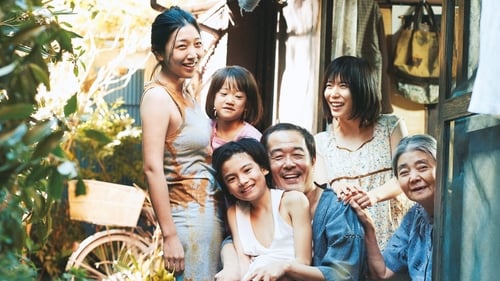
Gaffer
Depois de uma de suas sessões de furtos, Osamu e seu filho se deparam com uma garotinha escondida. A princípio relutam em ajudar a menina, mas a esposa de Osamu concorda em abrigar e cuidar dela depois de descobrir as dificuldades que ela enfrenta. Embora a família seja pobre e mal ganhem dinheiro com os pequenos crimes que cometem, eles parecem viver felizes juntos até que um incidente revela segredos escondidos, testando os laços que os unem.

Gaffer
A recently divorced and traumatized man moves to Hakodate, Hokkaido and attends a vocational college to learn carpentry along with several other students who are in the same boat as he. When a couple of the guys go to a hostess club the man meets an unconventional girl who likes him and a relationship is born.
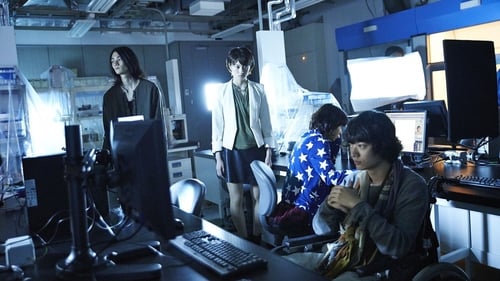
Lighting Technician
In the early 1990s, experiments were carried out secretly in Japan. Two different methods were used in the experiments. One method involved forcing stress upon expecting parents and when the baby was born, provoke the baby into mutations and develop their special abilities. The other method involved birth to babies having abilities of animals and insects. The special abilities were derived from gene manipulation. Subaru, Saya and others were born from those experiments.

Gaffer
A story about the disappearance of Kirishima, a star athlete of the volleyball club, and how his disappearance affects every person in school.

Gaffer
Meiko Inoue is a recent college grad working as an office lady in a job she hates. Her boyfriend Taneda is permanently crashing at her apartment because his job as a freelance illustrator doesn't pay enough for rent. And her parents in the country keep sending her boxes of veggies that just rot in her fridge. Straddling the line between her years as a student and the rest of her life, Meiko struggles with the feeling that she's just not cut out to be a part of the real world.
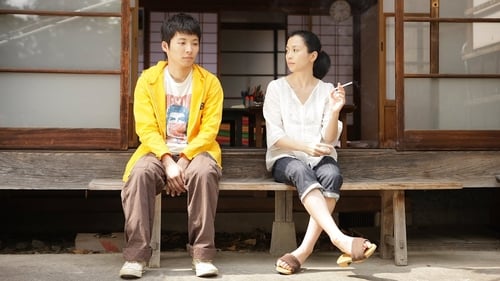
Gaffer
Nobuko tried to be successful as an actress in Tokyo (stage name ‘Nonko’), but wasn’t popular. She married her manager and soon divorced. Now a once-divorced woman in her mid-30s, she returns home to the Shinto shrine that her family runs, to help out with domestic chores. Her father is always in a stubborn rage, her mother is always trying to calm things down. However, Nonko’s married sister, who already has a daughter, scathingly says of Nonko, “It’s all over for her.”

Lighting Technician
Ren Osugi plays a middle-aged salaryman whose life falls apart when he’s laid off from his job, but finds solace in adopting a stray cat.
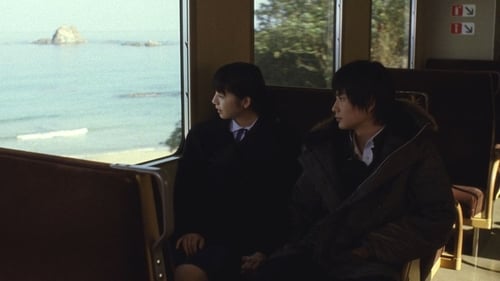
Gaffer
Soyo Migata, uma gentil aluna da oitava série, mora em uma comunidade rural no Japão tão pequena que há apenas 6 estudantes em sua escola. Soyo é amiga de todos os estudantes e eles estão sempre juntos como uma família. Certo dia, um estudante chamado Hiromi Osawa, um garoto bonito de Tóquio, chega e muda todo o rumo dessa história.

Lighting Camera
In the near future, crime runs rampant in the streets and two major mafia groups are battling for power. In order to eliminate the two mafia groups, the Tokyo Metropolitan Police Department orders an undercover investigation of their headquarters. However, the ones chosen for the mission are four people known as "losers". Will they be able to successfully solve the case?

Director of Photography
A hard-hitting documentary that can only be described as unique. The protagonist is a friend of the director Kudo. His parents divorced when he was a child and he has grown up in an environment that is too miserable to be described in one word: gloomy. The film exposes all the privacy of his family. His father abandoned him and his mother and evaporated. A mother who brought her lover into the house. What were they thinking at the time when I felt so alone? To find out, he goes to his father's home, where he has remarried and has a child, and to his mother, who works hard to send him money. The camera follows the process closely and captures the naked truth on film. The director Kudo and the protagonist, in collusion to break the taboo, are on the edge of their seats in front of and behind the camera. The energy that surges through them is a truth that can only be expressed through the documentary method.










